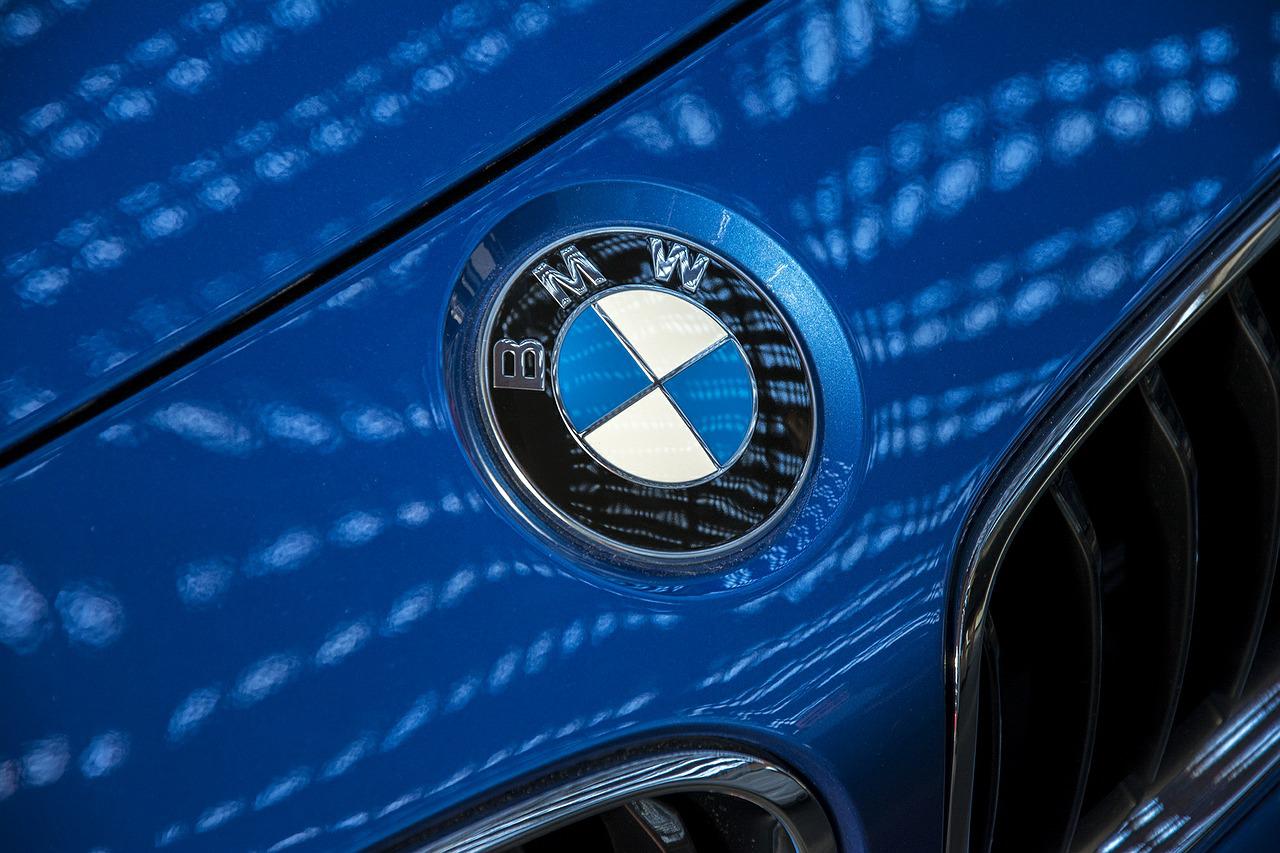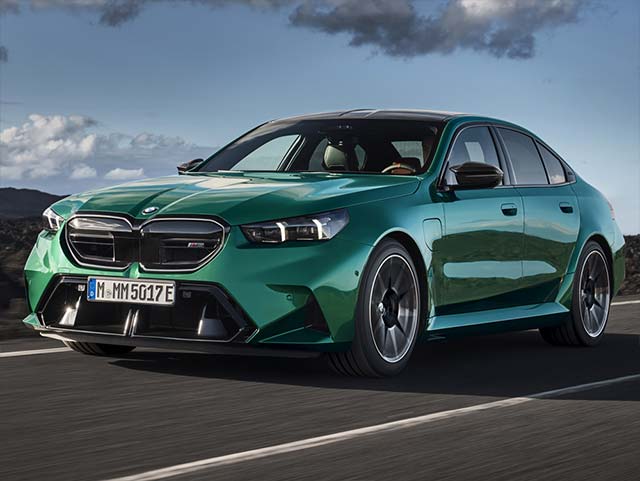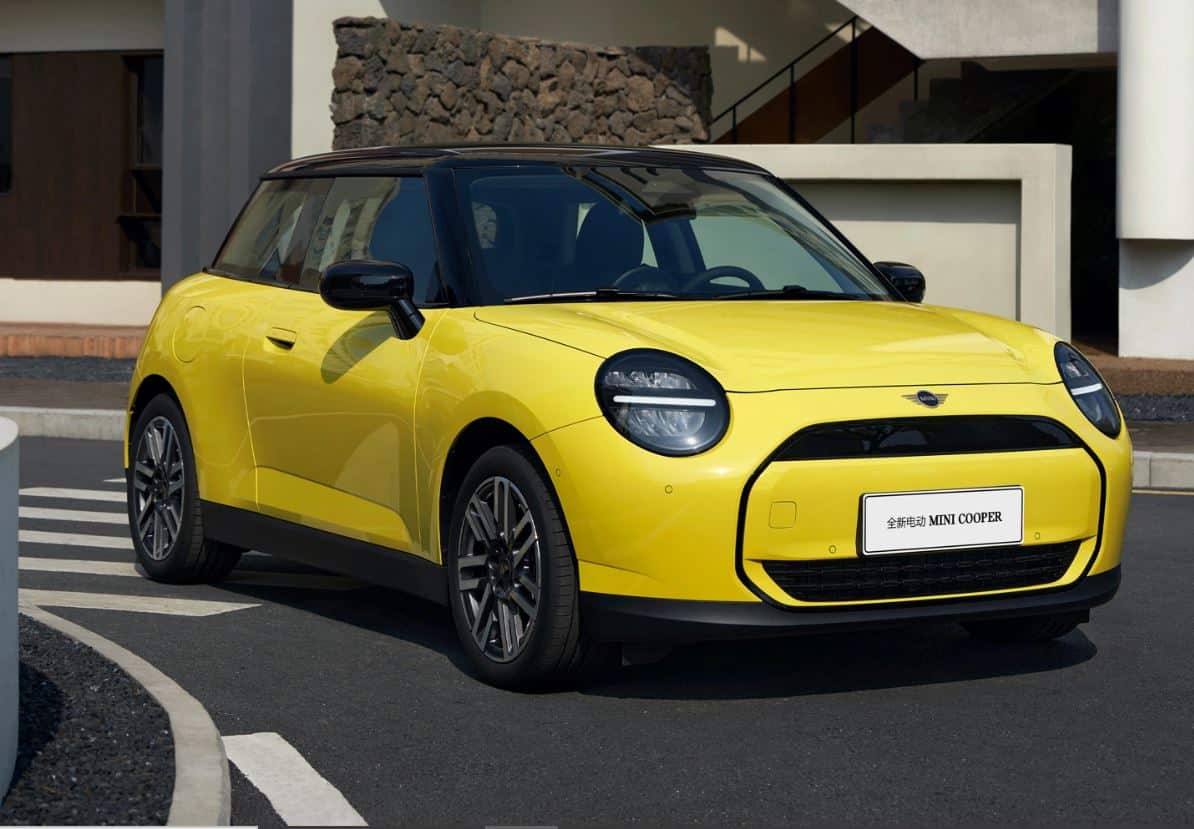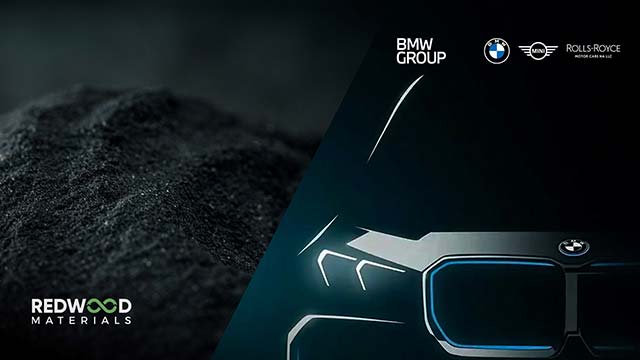Nvidia, BMW Group, and Classiq Technologies have embarked on a collaborative effort to leverage quantum computing in refining the design of electrical and mechanical systems for electric vehicles (EVs). This initiative seeks to determine whether quantum computing can enhance efficiency and reduce energy waste, thereby advancing EV technology.
The project involves exploring established quantum optimization algorithms like the quantum approximate optimization algorithm (QAOA) and the Harrow-Hassidim-Lloyd (HHL) algorithm to tackle the intricate computational challenge of optimizing electromechanical components such as electrical engines, batteries, and coolers, and their interconnections.
BMW Group’s quantum experts have developed a sophisticated quantum program incorporating numerous quantum sub-routines, utilizing Classiq’s modeling and compilation capabilities. Nvidia’s GPUs and CUDA-Q open-source platform were instrumental in simulating and refining this complex quantum algorithm.
Lukas Mueller, BMW Group IT future compute lead, highlighted the significance of the collaboration: “Our collaboration with Classiq and Nvidia has enabled an innovative quantum implementation that pushes the boundaries of what is possible in the application to automotive technologies.”
See also: BMW i1 and i2 Approved for Launch, Targeting Affordable Entry-Level EV Market
Tim Costa, Nvidia’s director of HPC and quantum computing, underscored the transformative potential of quantum computing: “Quantum computing, which has the potential to transform society, will require accelerated computing with extreme performance for users to take full advantage of its value.”
Nir Minerbi, CEO of Classiq, emphasized the rapid progress achieved through their collective expertise: “By bringing together quantum hardware, software, and automotive domain expertise, the team had made significant advances in a short time.”
See also: BMW’s M Division Set to Electrify with Ultra-Powerful Electric Performance Sedan
While quantum computing remains an emerging technology, this collaboration signifies a pivotal step in exploring its application within automotive innovation. The teams intend to continue their partnership to further investigate the intersection of automotive technology and quantum computing capabilities.









